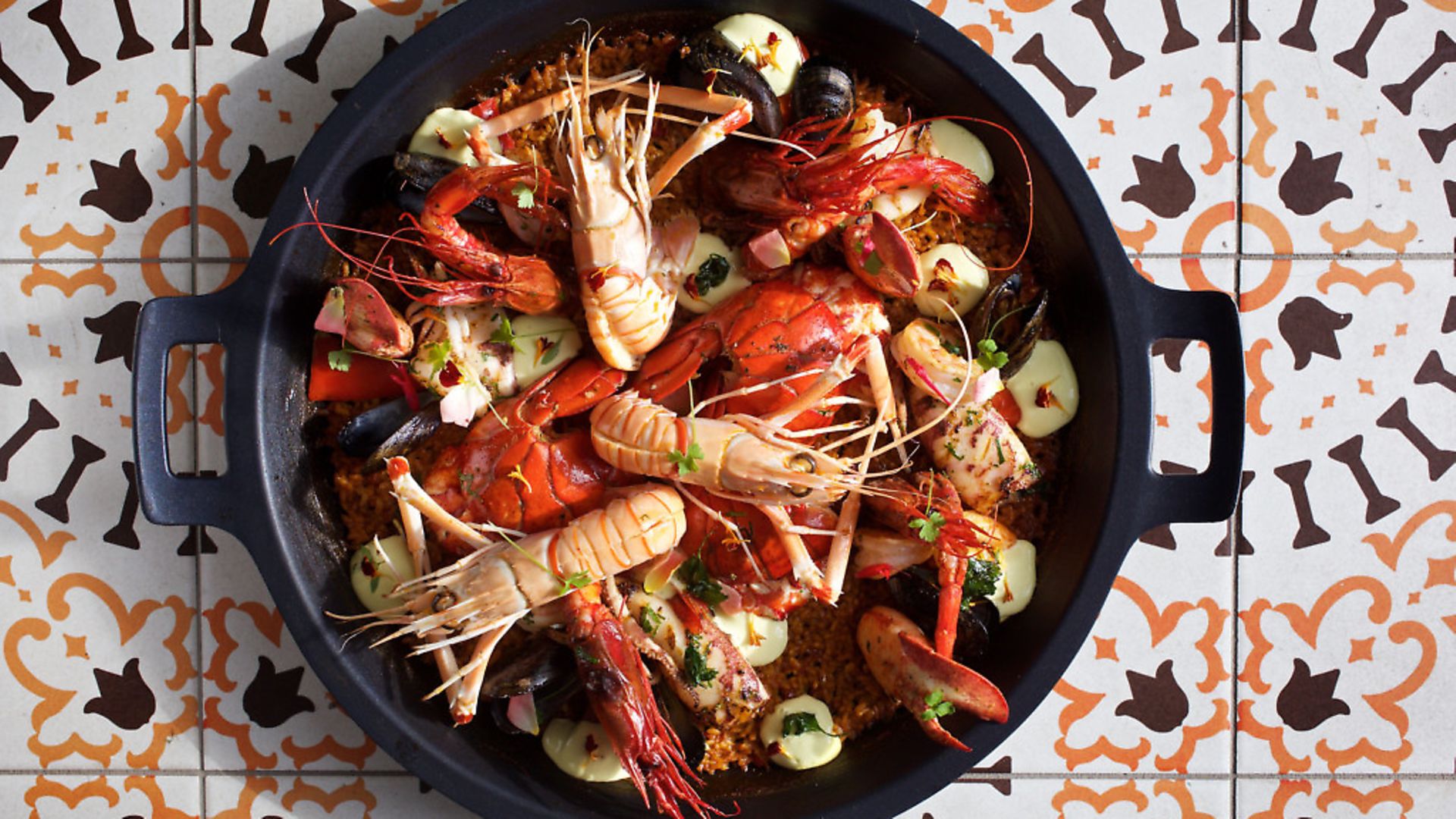
Cookbook writer Claudia Roden on how she began to amass recipes, and how they help preserve a vanishing world.
I began collecting recipes in London. It was after the Suez War, in 1956. The Jews were leaving Egypt and my parents arrived as refugees, leaving everything behind. We were inundated by waves of relatives and friends from Egypt who didn’t know where they would end up.
Everyone talked about the foods they missed, how they were looking for a certain recipe, who made the best one. We exchanged recipes with a kind of desperation. We might never see Egypt or each other again but we would have something to remember each other by – the hummus, the date preserve, the orange cake. Some took out little notebooks of hand-written recipes. There had been no cookbooks. Recipes had been handed down in the family.
I was collecting a very mixed bag. The Jewish community of Egypt was a mosaic from all over the Ottoman empire and beyond. My grandparents had come from Aleppo and Istanbul.
The women who gave me recipes said they were their mother’s or grandmother’s from Aleppo, Izmir, Salonica, Tunis, Baghdad, Livorno. They were a badge of identity and they were proud of them.
I realised then that a dish was not just a dish, that for exiles especially, it had meaning and was charged with emotional baggage. It was about roots and identity and it gave them comfort and joy.
There is nothing like a taste and an aroma – except perhaps music and song – to evoke memories of people and places. They told me little stories about their lives. They laughed and cried. I felt that recording the legacies of our vanished world was the most valuable thing I could do.
Collecting was also a pretext for keeping in touch with people and finding out what happened to them. I wrote letters around the world asking for recipes ‘I hear you are very good at making butarga, naatif, lahma bi ajeen.’
What started as a very personal labour of love for people I cared about became a life-long career writing about food. It was also my way of supporting my family. When my three children were growing up I was trying recipes at home. When I became a single mother I gave cooking classes at home. And then, when my children left home all at the same time I decided to leave too and to travel around the Mediterranean à l’aventure to research the food. It was the start of an adventure that never ended.
Perhaps it is the enchantment of my childhood holidays in Alexandria that I tried to recapture. They say that if you are from any part of the Mediterranean you are never a stranger along its shores. I wondered at first if I would be lonely and if I would get lost. But I felt happy and at home like a fish in its natural waters.
I started with a few contacts and they passed me on to others. It is amazing how food opens doors. Researching regional cuisines gave me a reason for being there at a time when a woman travelling alone was suspect. It allowed me to accost strangers and introduce myself on a train, in a café, on a bench. I asked everybody I met what they cooked, what their favourite dishes were, what region they were from, about their parents. It started a conversation.
I was invited into many kitchens. The kitchen is a place of intimacy where you can be open – unlike the living room which is formal. For me part of the pleasure of researching food is to get to know people and enjoy the special conviviality that is around food.
Now that I no longer have the strength to travel à l’aventure I write about remembered dishes and invite friends to test them with me around the kitchen table. It keeps me happy. It might be cold and grey and raining outside but at my desk and in my kitchen I am smiling under a luminous azure sky. The mingled aromas of saffron and orange zest with aniseed and garlic trigger memories of the South of France. Garlic sizzling with cumin and coriander takes me back to the Egypt of my childhood.
Manolo el Sereno, the night watchman in the village of Frailes in Andalusia, is dead now, but in my mind he is with me at the great feast of the gastronomic association where we brought the ajo blanco I helped him make with the almonds from his tree. Old men with guitars played, people got up and sang of the pain and joys of those who once worked the fields. I can hear their voices and see their faces. I can smell the aromas of the gigantic seafood paella that two men are stirring. I remember the fun and laughter.
The Mediterranean is now a tragic sea, an area of war and conflict where desperate migrants drown crossing from shore to shore, but for me it is also still a place of what Spaniards call alegria de vivir and good food.
Claudia Roden is a cookery book writer and cultural anthropologist









